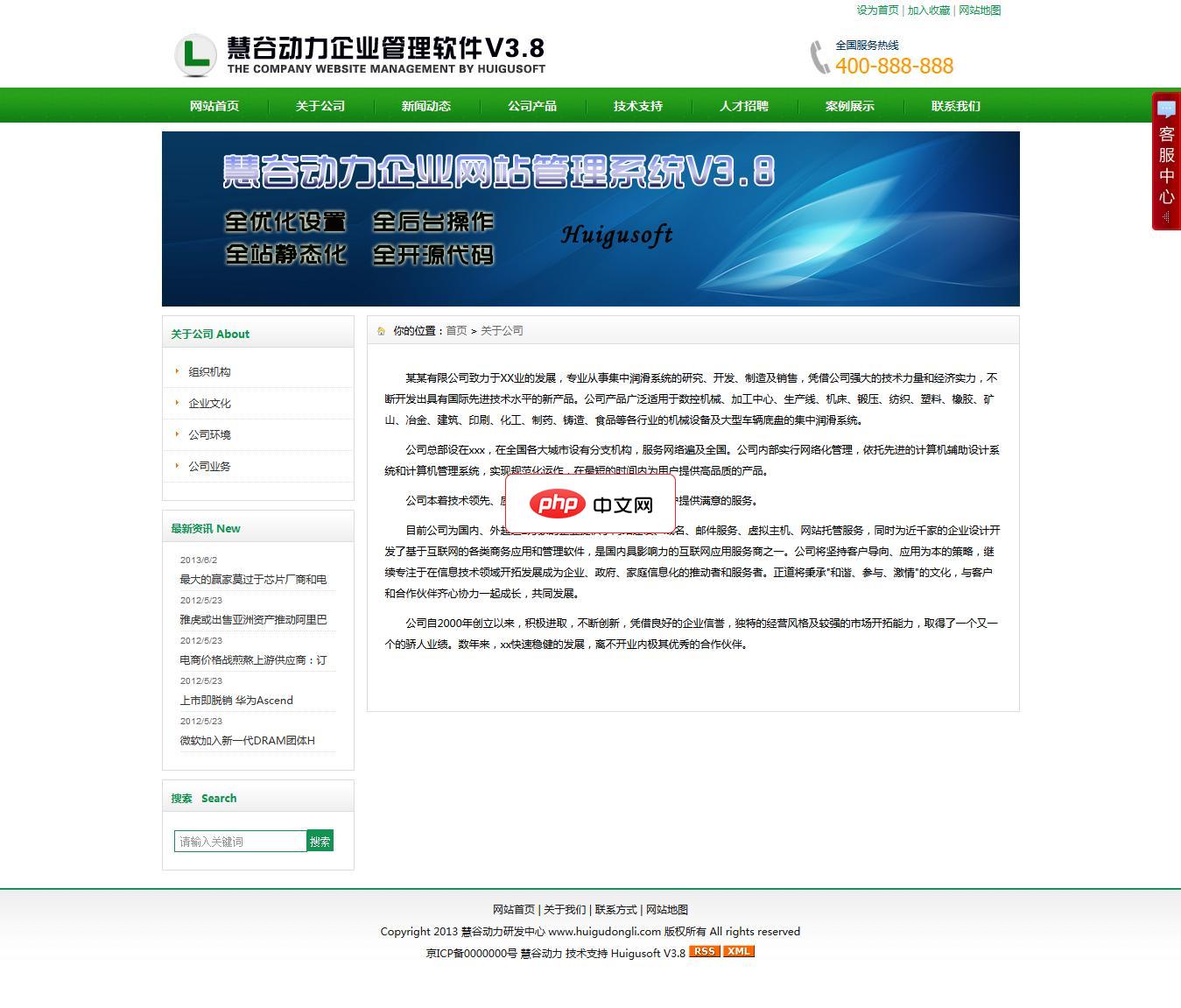在centos系统中使用python进行自动化运维,可以借助多种工具和库实现高效管理。以下是几种常见方法:
系统监控与告警:
使用 psutil 模块可以轻松获取系统的CPU、内存、磁盘及网络状态,并可实现监控与告警功能。例如,当CPU或内存使用率超过设定阈值时发送邮件提醒:```
import psutil
import smtplib
from email.mime.text import MIMEText
def send_email(subject, message): sender = 'your_email@example.com' receivers = ['receiver_email@example.com'] msg = MIMEText(message) msg['Subject'] = subject msg['From'] = sender msg['To'] = ', '.join(receivers) server = smtplib.SMTP('smtp.example.com') server.sendmail(sender, receivers, msg.as_string()) server.quit()
def monitor_system(interval): while True: cpu_usage = psutil.cpu_percent(interval=1) memory_info = psutil.virtual_memory() if cpu_usage > 80 or memory_info.percent > 80: send_email('System Alert', f'CPU Usage: {cpu_usage}%, Memory Usage: {memory_info.percent}%') time.sleep(interval)
if name == "main": monitor_system(60)
定时任务调度:
crontab 设置周期性任务。比如每分钟运行一次指定的Python脚本以检查日志内容:```自动部署应用:
借助 Fabric 实现代码的自动部署与服务重启操作。示例代码如下:```
from fabric import Connection
def deploy(): conn = Connection('user@remote_server') conn.run('git pull') conn.run('pip install -r requirements.txt') conn.run('systemctl restart myapp') conn.put('monitor.py', '/var/www/myapp/') conn.run('nohup python /var/www/myapp/monitor.py &')
if name == "main": deploy()
文件自动化处理:

慧谷动力网站管理系统拥有极为灵活的产品架构、并且完全开源任何企业机构都可对其二次开发、极强的可扩展性和可伸缩性,多年的网站开发经验、自助化的后台管理,充分满足大中小型企业电子商务网站的构建和运营管理需求,该系统采用最简单易用的asp+access进行搭建,拥有完善的网站前后台,并特别根据企业网站的特点开发出独具特色的栏目和功能。HuiguerCMS是企业建站的绝佳选择! 系统三大特色:1、全静态:
 0
0

立即学习“Python免费学习笔记(深入)”;
使用 os 和 shutil 模块完成批量文件重命名与自动备份等操作:```
import os
import shutil
def bulk_rename(folder_path, old_name_part, new_name_part): for filename in os.listdir(folder_path): if old_name_part in filename: new_filename = filename.replace(old_name_part, new_name_part) os.rename(os.path.join(folder_path, filename), os.path.join(folder_path, new_filename)) print(f"renamed {filename} to {new_filename}")
def backup_files(src_dir, dest_dir): if not os.path.exists(dest_dir): os.makedirs(dest_dir) for file in os.listdir(src_dir): full_file_name = os.path.join(src_dir, file) if os.path.isfile(full_file_name): shutil.copy(full_file_name, dest_dir) print(f"backed up {file} to {dest_dir}")
source = '/path/to/source/directory' destination = '/path/to/destination/directory' backup_files(source, destination)
远程服务器连接:
使用 paramiko 库建立SSH连接,执行远程命令并进行文件传输:```
import paramiko
ssh = paramiko.SSHClient() ssh.set_missing_host_key_policy(paramiko.AutoAddPolicy()) ssh.connect('hostname', port=22, username='your_username', password='your_password') stdin, stdout, stderr = ssh.exec_command('ls -l /tmp') output = stdout.read().decode() print(output) ssh.close()
通过上述方式,可以在CentOS环境中结合Python实现高效的自动化运维操作,提升系统管理效率与稳定性。
以上就是CentOS中如何利用Python进行自动化运维的详细内容,更多请关注php中文网其它相关文章!

每个人都需要一台速度更快、更稳定的 PC。随着时间的推移,垃圾文件、旧注册表数据和不必要的后台进程会占用资源并降低性能。幸运的是,许多工具可以让 Windows 保持平稳运行。

Copyright 2014-2025 https://www.php.cn/ All Rights Reserved | php.cn | 湘ICP备2023035733号